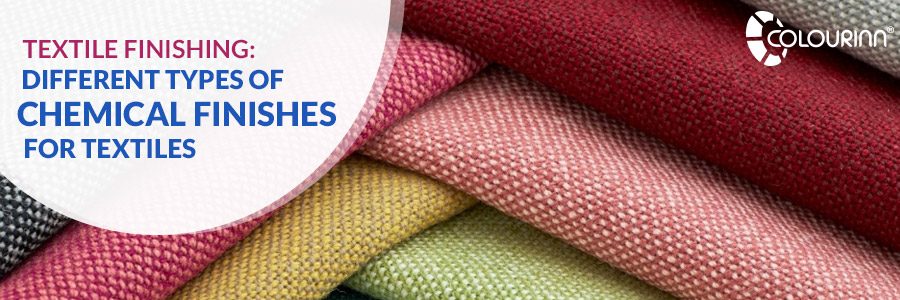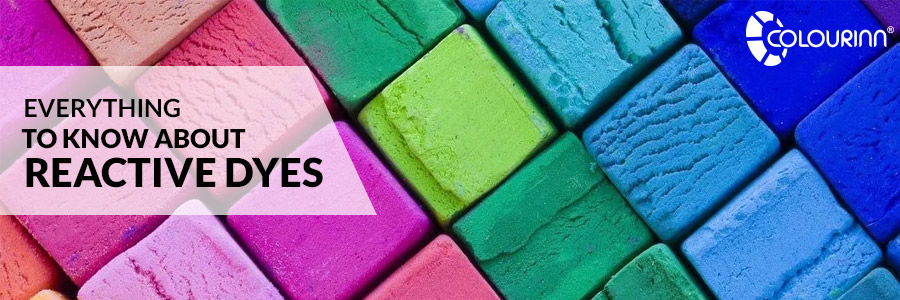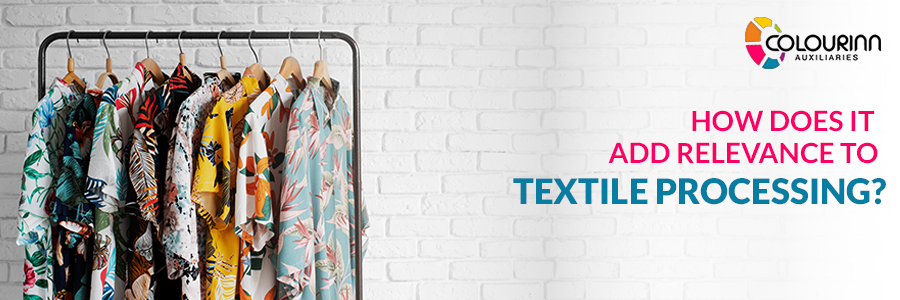The Value Of Chemical Finishing To The Textile Industry
Chemical finishing is a process in which textiles are subjected to chemical treatments to improve their appearance. Chemical treatments include: Bleaching Dyeing Printing The treatment of textiles with chemicals increases their aesthetic appeal and makes them more durable. Chemicals also provide protection against stains and other damage caused by friction or wear and tear in …
The Value Of Chemical Finishing To The Textile Industry Read More »





